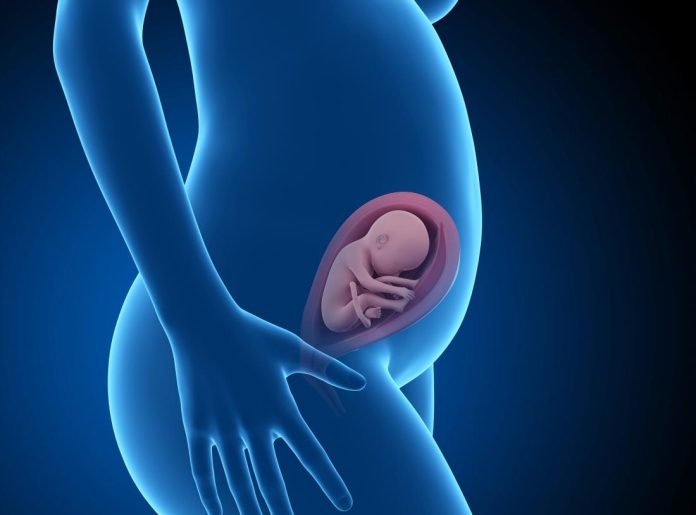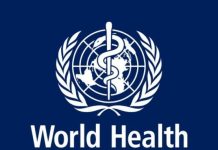The World Health Organisation on Wednesday emphasised that there is currently no conclusive scientific evidence confirming a possible link between autism and the use of acetaminophen (also known as paracetamol) during pregnancy.
WHO, on its website, stated that globally, nearly 62 million people (1 in 127) have autism spectrum disorder, a diverse group of conditions related to the development of the brain.
Although awareness and diagnosis have improved in recent years, the exact causes of autism have not been established, and it is understood that multiple factors can be involved.
“Extensive research has been undertaken over the past decade, including large-scale studies, looking into links between acetaminophen use during pregnancy and autism. At this time, no consistent association has been established.
“Also, a robust, extensive evidence base exists showing childhood vaccines do not cause autism. Large, high-quality studies from many countries have all reached the same conclusion.”
“Original studies suggesting a link were flawed and have been discredited. Since 1999, independent experts advising WHO have repeatedly confirmed that vaccines—including those with thiomersal or aluminium—do not cause autism or other developmental disorders,” WHO noted.
The global health body added that childhood vaccine schedules are developed through a careful, extensive, and evidence-based process involving global experts and country input.
It said the childhood immunisation schedule, carefully guided by WHO, has been adopted by all countries, and has saved at least 154 million lives over the past 50 years.
“The schedule remains essential for the health and well-being of every child and every community. These schedules have continually evolved with science and now safeguard children, adolescents, and adults against 30 infectious diseases.
“Every vaccine recommendation by the Strategic Advisory Group of Experts on Immunisation, an independent advisory group to WHO, is grounded in rigorous review of evidence and carefully designed to offer the best protection against serious diseases and to be delivered when most needed.
“When immunisation schedules are delayed or disrupted, or altered without evidence review, there is a sharp increase in the risk of infection not only for the child, but also for the wider community. Infants too young to be vaccinated and people with weakened immune systems or underlying health conditions are at greatest risk,” it emphasised.
It, however, said autism and neurodevelopmental disorders are among the priority mental health and neurological conditions being discussed at the fourth UN High-Level Meeting on NCDs and mental health on Thursday, September 25.
“As a global community, we need to do more to understand the causes of autism and how best to care for and support the needs of autistic people and their families.
“WHO is committed to advancing this goal, working together with partners, including autistic-led organisations and other organisations representing persons with lived experience. WHO also stands with people who are living with autism and their families, a dignified community entitled to evidence-based considerations free of stigma,” it added.
On September 23 2025, PUNCH Online reported that neither the painkiller Tylenol nor vaccines have been shown to cause autism, WHO said, following comments from the US president and his administration to the contrary.
President Donald Trump insisted that pregnant women should “tough it out” and avoid Tylenol due to an unproven link to autism, and also urged major changes to the standard vaccines administered to babies.
Medical groups have long cited acetaminophen, or paracetamol—the primary ingredient in Tylenol—as among the safest painkillers to take during pregnancy.
WHO spokesman Tarik Jasarevic acknowledged that some observational studies, which are based purely on observations and do not include control or treatment groups, had “suggested a possible association between prenatal exposure to acetaminophen or paracetamol and autism.”
On September 23 2025, PUNCH Online reported that neither the painkiller Tylenol nor vaccines have been shown to cause autism, WHO said, following comments from the US president and his administration to the contrary.
President Donald Trump insisted that pregnant women should “tough it out” and avoid Tylenol due to an unproven link to autism, and also urged major changes to the standard vaccines administered to babies.
Medical groups have long cited acetaminophen, or paracetamol—the primary ingredient in Tylenol—as among the safest painkillers to take during pregnancy.
WHO spokesman Tarik Jasarevic acknowledged that some observational studies, which are based purely on observations and do not include control or treatment groups, had “suggested a possible association between prenatal exposure to acetaminophen or paracetamol and autism.”
-Advertisement-
Grab our latest Magazine, "Chief Wole Olanipekun, CFR, SAN, A man of wide horizons and deep intentions". Get your order fast and stress free.
For more details about Newswire Law&Events Magazine, kindly reach out to us on 08039218044, 09070309355. Email: newswiremagazine@yahoo.co.uk. You will be glad you did
Download E-MagazineDo you want to be heard, your events covered, your articles published, or need to advertise your products and services on our Blog and Magazine, reach out to us at Newswire Law and Events, you will be glad you did. For more details about our services, please call: 08039218044, 09070309355. Email: newswiremagazine@yahoo.co.uk








